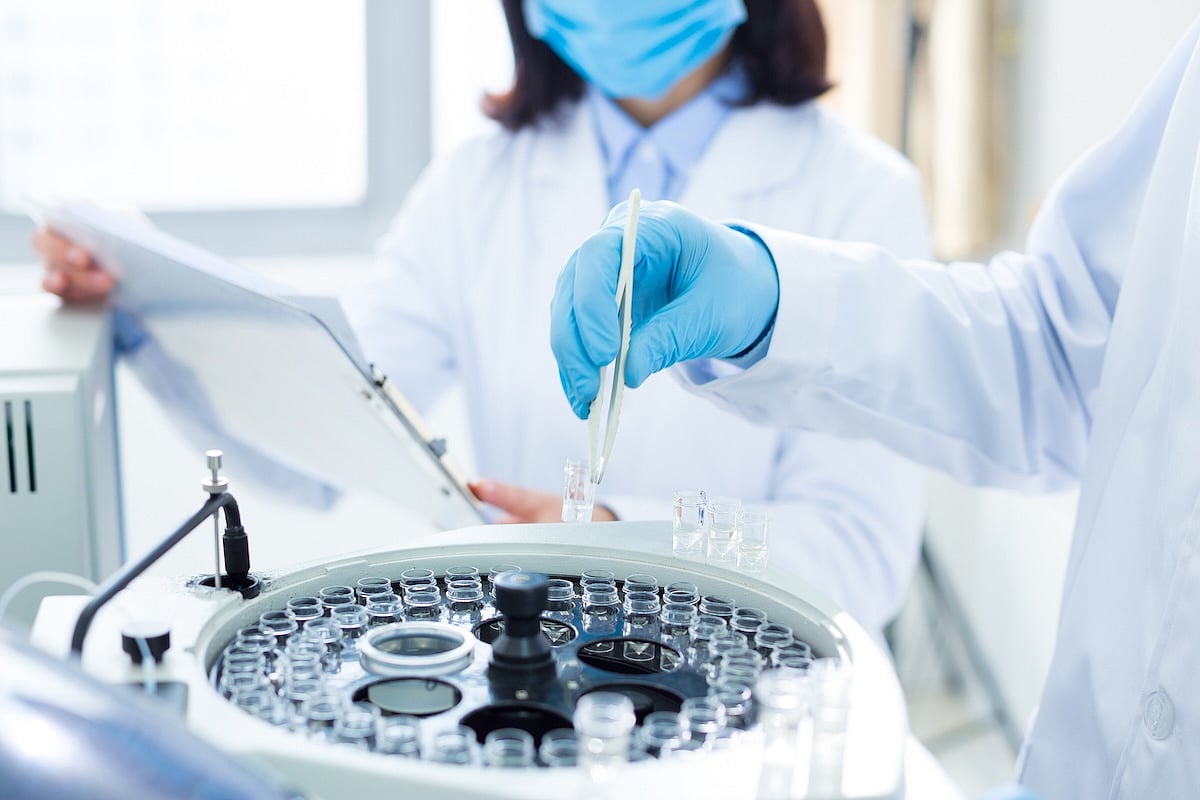Due to a recent change in our pharmacy software system, the process for submitting refill requests online has now changed.
Our previous mobile app and your current login credentials will no longer work.
Please click the Refill Prescriptions tab to begin the new process.
Thank you for your patience during this transition.
Get Healthy!

- Posted October 7, 2025
Researchers Win Nobel Prize for Uncovering How the Immune System Protects Itself
Three immunologists have won the 2025 Nobel Prize in Physiology or Medicine for uncovering how the immune system prevents itself from attacking the body.
The discovery has opened new paths for treatment.
Immunologists Mary Brunkow, Fred Ramsdell and Shimon Sakaguchi discovered a special group of immune cells called regulatory T-cells.
These cells help keep the immune system balanced, stopping it from harming your body. Their research revealed a key part of how the immune system functions.
“Their discoveries have been decisive for our understanding of how the immune system functions and why we do not all develop serious autoimmune diseases,” Nobel Committee Chair Olle Kämpe said.
The three scientists will share 11 million Swedish kronor (about $1.1 million). Brunkow is based at the Institute for Systems Biology in Seattle; Ramsdell at Sonoma Biotherapeutics in San Francisco and Seattle; and Sakaguchi is a professor at Osaka University in Japan.
Sonoma Biotherapeutics CEO Jeff Bluestone told The Wall Street Journal that as far as anyone knows, Ramsdell hasn’t yet heard the news of his win. He’s currently backpacking off the grid in Idaho. “I seem to have been the default if you couldn’t find Fred,” Bluestone joked.
In the 1990s, Sakaguchi discovered that removing the thymus gland from newborn mice caused their immune systems to attack their own organs. He later found that a small group of cells, now known as regulatory T-cells, stopped the immune system from attacking.
In 2001, Brunkow and Ramsdell identified the Foxp3 gene, which helps these regulatory cells develop properly. When this gene is damaged, the immune system can start attacking the body’s own tissues.
“It was really a molecular slog, to get to that exact mutation,” Brunkow explained. “It was just a very small genetic alteration that results in quite a profound change in the immune system.”
The winners’ work has led to new areas of research aimed at treating autoimmune diseases, cancer and complications after organ transplants.
“The ability to manipulate these cells so that they can become powerful, specific therapeutics is really the promise of the field,” Bluestone told The Wall Street Journal.
Sakaguchi, who called the award “a happy surprise,” said he plans to continue exploring how to fine-tune immune responses to help the body fight cancer.
More information
Johns Hopkins Medicine has more on the immune system.
SOURCE: The Wall Street Journal, Oct. 6, 2025
